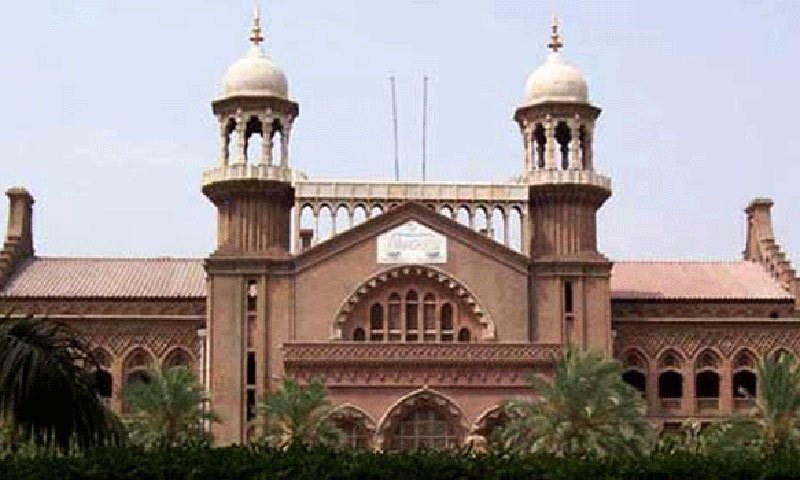Mental capacity is of crucial value for conversion: LHC

LAHORE: The Lahore High Court (LHC) has ruled that Muslim jurists regard mental capacity of a child as of crucial importance for conversion to Islam.
“There is no exact definition of religion. It is a matter of faith…,” observed Justice Tariq Nadeem while dismissing a petition filed by a member of the Christian community seeking recovery of his daughter who married a Muslim man after embracing Islam.
Gulzar Masih, a rickshaw driver from Faisalabad, had alleged that his minor daughter Chashman Kanwal was abducted by Mohammad Usman and his accomplices.
He said the police found the girl but refused to hand over her custody to him saying she had converted to Islam and married Usman. Gulzar said he approached a local court in Faisalabad but it dismissed his application for the recovery of his daughter.
Verdict says neither Quran nor hadith expressly stipulates minimum age for the conversion
In his detailed verdict on the petition on which a short order was issued last week, Justice Nadeem observes that the Supreme Court has held that Article 20 of the Constitution grants rights to citizens to propagate their faith but that right does not allow anyone to convert a person to another religion by coercion or inducement.
Justice Nadeem maintains that forced conversion or imposing beliefs on others rather constitutes infringement of the right to freedom of religion.
The judge says that neither Holy Quran nor any specific hadith of Prophet Muhammad (PBUH) expressly stipulates minimum age for conversion to Islam.
Justice Nadeem notes that Hazrat Ali (RA) was only ten when he accepted Islam.
However, he says, Muslim jurists regard mental capacity of a child as of crucial importance when considering the question of his/her conversion.
The judge remarks that the age of discernment is generally reckoned as the age when one attains puberty.
Justice Nadeem holds that the high court cannot undertake a factual inquiry while exercising its jurisdiction under Article 199 of the Constitution as the question whether a conversion is tainted or otherwise cannot be determined without recording evidence.
The judge notes that the petitioner mentioned the age of his daughter as 17 years in the FIR and it divulged from the record that she had contracted marriage with the respondent and also recorded her statement before a judicial magistrate under Section 164 of the Criminal Procedure Code.
The judge states that the girl in her statement had said that she was sui juris and had embraced Islam on her own free will and without any coercion and no one had abducted her.
“In the eventuality of above discussion, the instant writ petition has no merit and is hereby dismissed in limine,” the verdict concluded.
Published in Dawn, September 25th, 2021














































